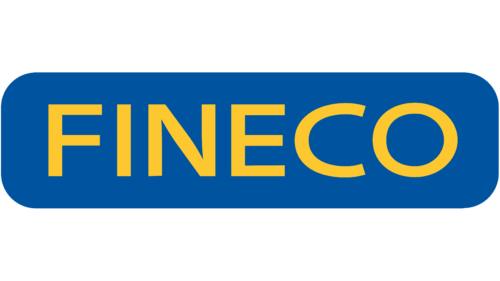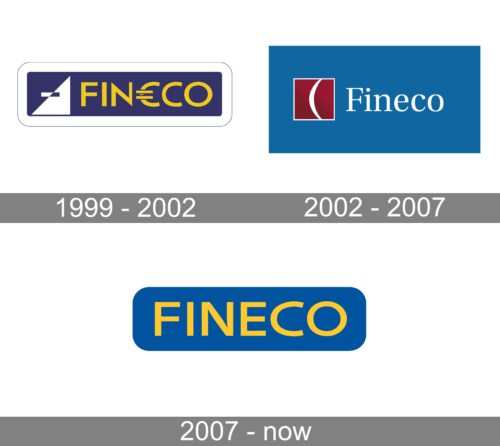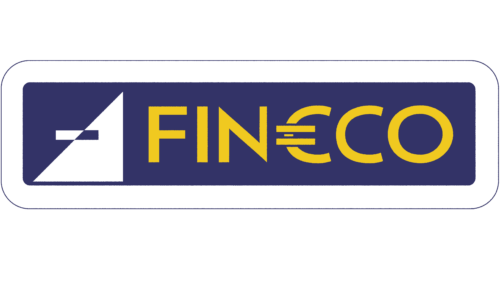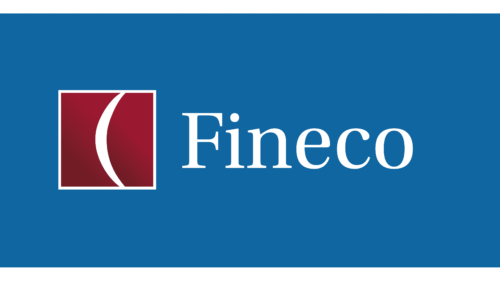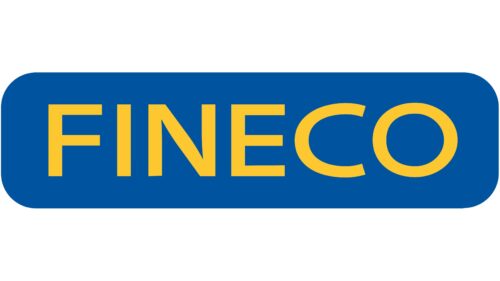FinecoBank is a dynamic European FinTech institution, providing online banking, trading, and investment services. It carves a niche in retail and corporate sectors with innovative platforms and advisory excellence. Listed on the stock market, it operates with a shareholder-driven ownership model and stretches its influence from Italy across main European markets.
Meaning and history
FinecoBank, established in 1979 by Emilio Gnutti, has evolved into a prominent FinTech entity in Europe. Initially rooted in traditional banking, it shifted focus towards online brokerage with the launch of Fineco Online in 1999, a service tailored for retail traders. This move paved the way for its transformation into a modern, tech-driven financial institution.
A significant leap occurred in 2014, when FinecoBank entered the public market, reinforcing its financial footprint. This step was followed by a pivotal moment in 2019, when it gained independence from the UniCredit banking group, marking its emergence as a standalone powerhouse in the banking sector.
Regulated by the Bank of Italy, FinecoBank’s operational model is distinctive. It unifies banking, trading, and investment services into a single account system. This integration is supported by proprietary transactional and advisory platforms, offering a seamless financial experience. The bank’s extensive network of financial advisors complements these digital offerings, ensuring a balance between technology and personalized financial guidance.
FinecoBank’s influence extends beyond national borders, evidenced by its membership in the FTSE MIB, Borsa Italiana’s blue-chip index, and the Stoxx Europe 600, a large-cap European stock index. These affiliations underscore its standing in the European financial landscape.
FinecoBank is celebrated for its unique business model in Europe. Its journey from a traditional banking institution to a leading FinTech innovator reflects its adaptability and foresight in an ever-evolving financial world. The bank continues to thrive, leveraging technology and expert advice to offer comprehensive financial solutions to its clients.
1999 – 2002
The logo for FinecoBank is crafted with a distinctive aesthetic that conveys its financial nature and European roots. Centered on a deep navy field, the name ‘FINECO’ is boldly inscribed in a blocky, amber-hued typeface devoid of serifs, projecting strength and transparency. The letter ‘E’ is ingeniously fashioned, its middle bar extending outward and curving back towards the ‘C’ in a manner reminiscent of the euro currency symbol, subtly nodding to the bank’s European identity and its core financial operations. This stylization of ‘E’ imparts a sense of movement and return on investment, aligning with the bank’s dynamic financial services.
The logo, therefore, encapsulates the bank’s dedication to innovation and its European financial heritage in a clean, modern design.
2002 – 2007
The FinecoBank logo showcased here embraces a minimalist aesthetic, markedly distinct from its antecedent. A deep maroon square holds within it a stylized, white, curvilinear form, akin to a nascent moon, symbolizing innovation and a forward-leaning ethos. The brand’s name, “Fineco,” is rendered in a pristine, sans-serif typeface in white, set against a rich azure backdrop, which imparts a sense of professionalism and trust.
This design iteration discards the previous logo’s kinetic energy and the implicit euro reference, opting instead for a graphic that reflects a more abstract, conceptual approach. It suggests a banking institution that’s both protective of its clients’ interests and poised for forward momentum. The logo’s simplicity and bold color contrast represent a move towards a more modern and universal brand identity.
2007 – Today
The logo portrays the word ‘FINECO’ in bold, uppercase letters, rendered in a striking golden hue against a deep blue, rounded rectangular backdrop. This design eschews imagery for a pure typographic approach, where the stark color contrast embodies a sense of reliability and vibrancy. Compared to the previous logos, this version opts for even greater simplicity and directness, with no symbols or icons accompanying the text. The choice of a rounded rectangle suggests accessibility and friendliness, a departure from the more corporate square of the past designs. This evolution in the logo reflects a brand moving towards a more approachable, user-friendly identity while maintaining its strong visual impact.


